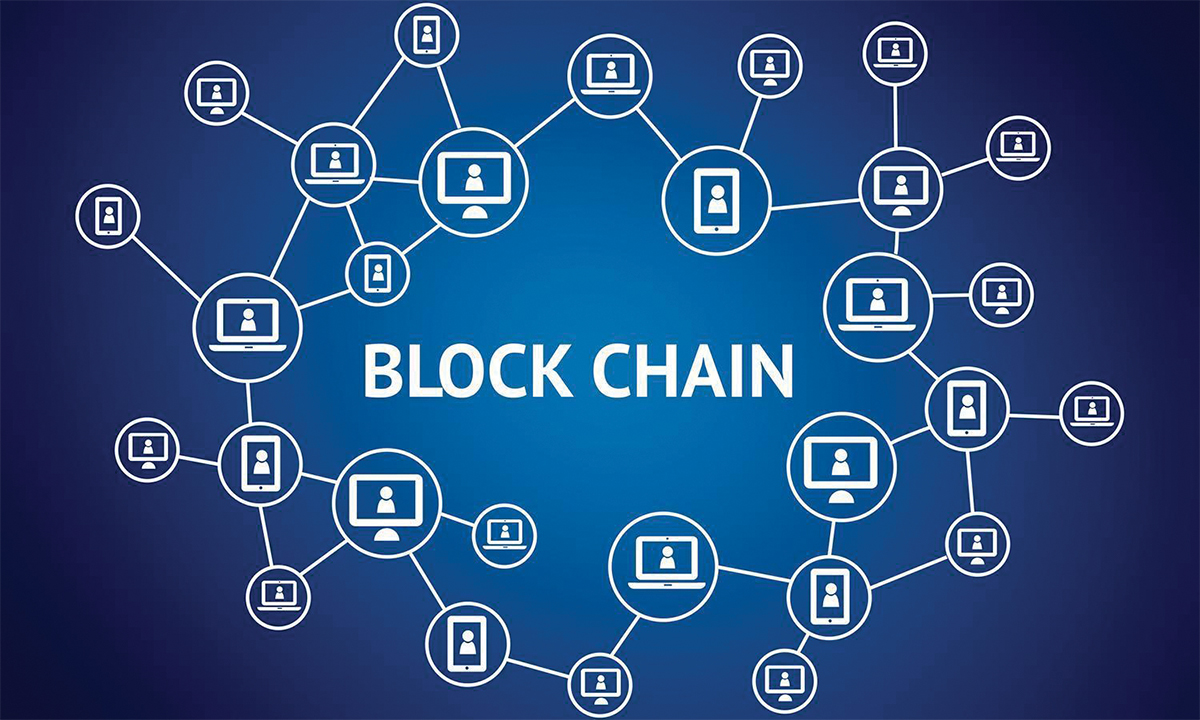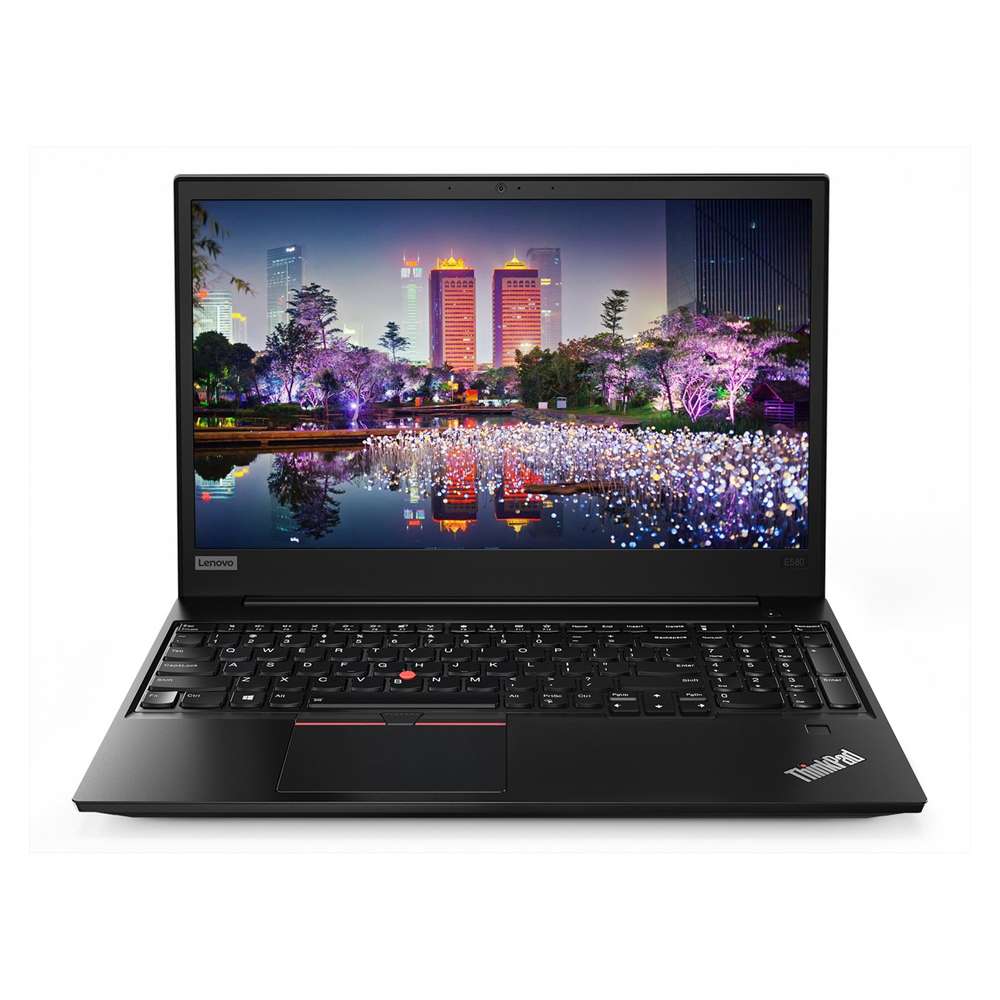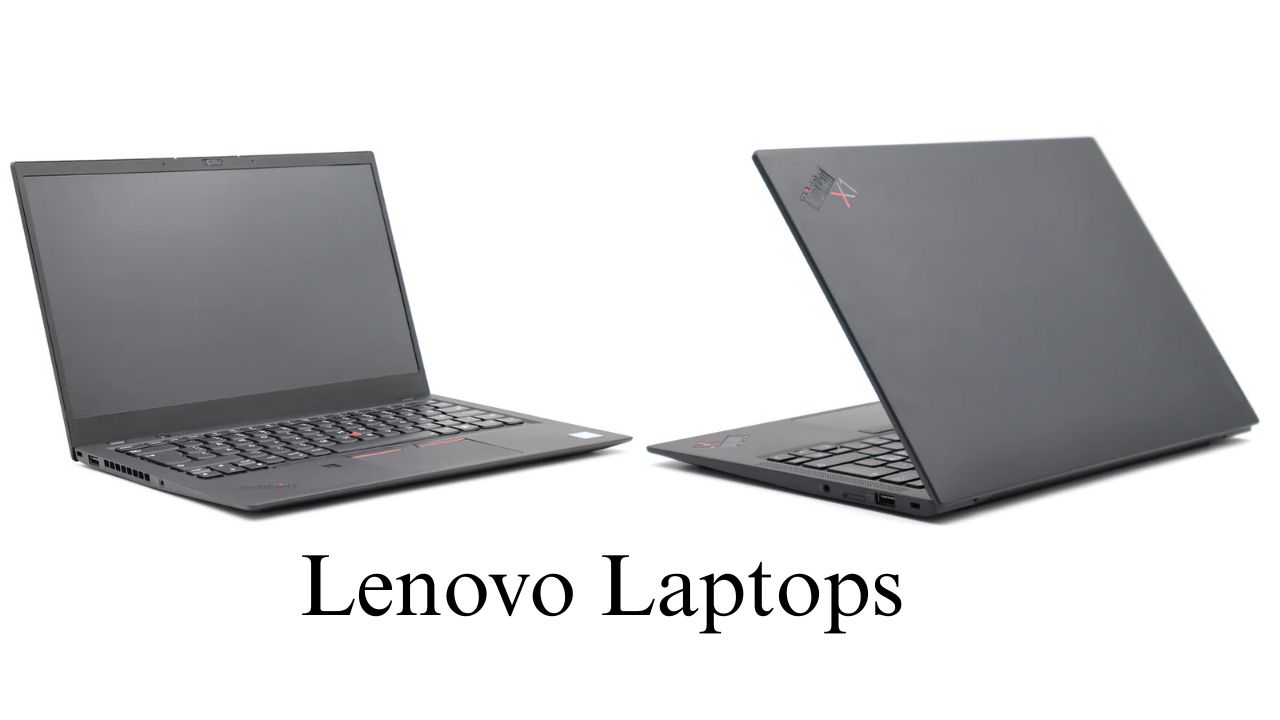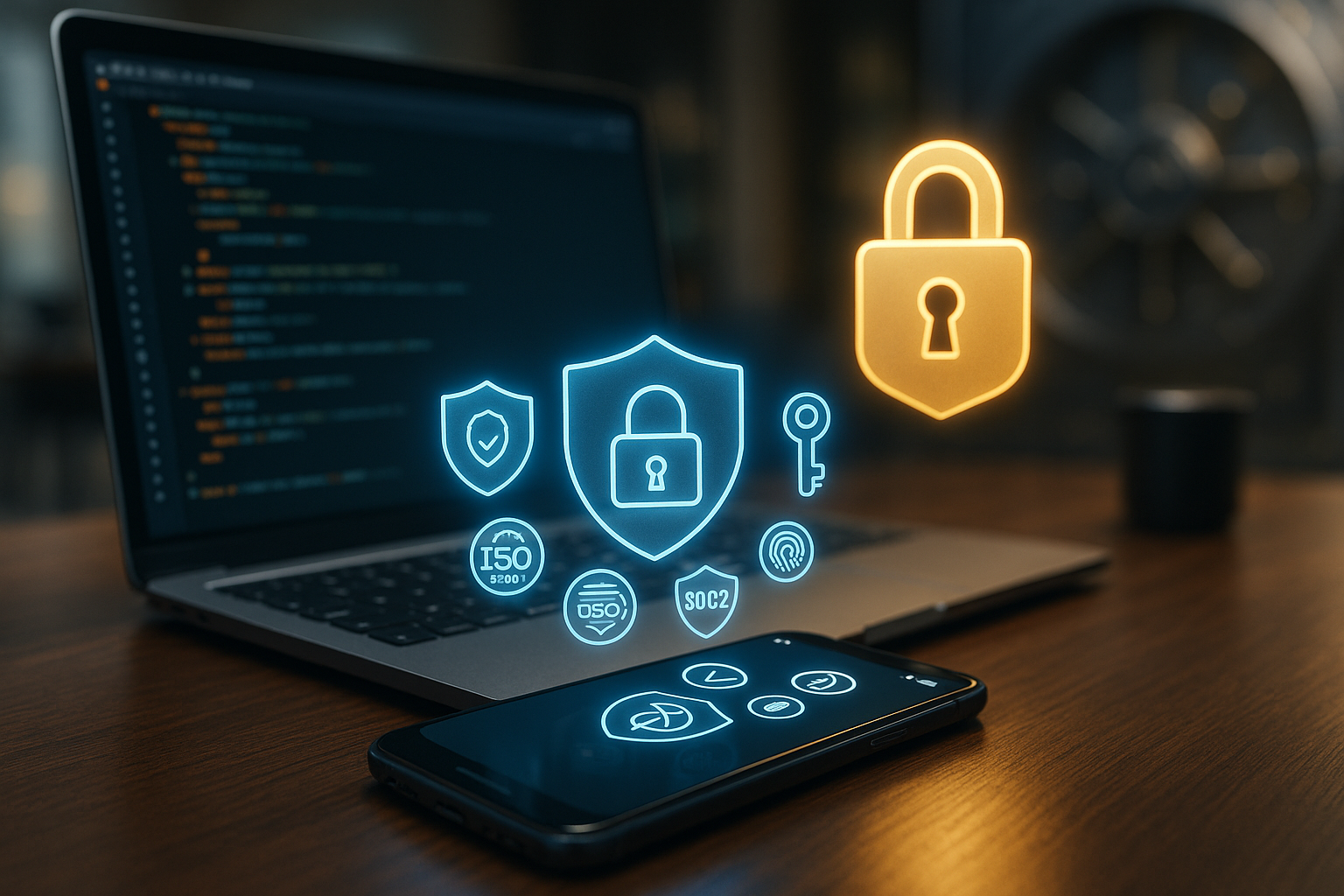Blockchain technology, the backbone of cryptocurrencies like Bitcoin and Ethereum, has evolved far beyond digital currencies. Its decentralized, transparent, and secure nature has opened up a world of possibilities for businesses and industries. As blockchain adoption accelerates globally, India, with its thriving technology ecosystem and large entrepreneurial base, is quickly embracing this transformative technology.
In this article, we will explore the various business models enabled by blockchain technology and the use cases of blockchain across different industries in India. From supply chain management to digital identity verification, blockchain is providing solutions to long-standing problems in the country.
Why Blockchain is Gaining Traction in India
India is home to one of the world’s largest tech ecosystems and has a rapidly growing blockchain technology market. The country’s young, tech-savvy population and increasing digital literacy provide fertile ground for blockchain innovations. The government of India has recognized the potential of blockchain technology and is gradually developing a regulatory framework to support its growth.
The increasing demand for transparency, security, and efficient processes has driven Indian startups and established businesses alike to explore blockchain-based solutions. Moreover, blockchain’s potential to reduce transaction costs, increase efficiency, and provide tamper-proof records has made it an attractive option for industries such as banking, healthcare, real estate, and supply chain management.
Blockchain technology Models in India
Blockchain-based business models are diverse, ranging from token-based models to supply chain and asset management models. Below are some of the most prominent business models driving blockchain adoption in India:
Tokenization Business Model
Tokenization is one of the most promising business models for blockchain technology. It involves converting assets, whether physical or digital, into tokens that can be traded or transferred on the blockchain technology. These tokens can represent anything from real estate, stocks, or art to cryptocurrency and NFTs (Non-Fungible Tokens).
Real Estate Tokenization: In India, real estate tokenization is gaining traction as it allows fractional ownership, making it easier for people to invest in high-value properties. Tokenized assets lower barriers to entry for small investors and enhance liquidity in the real estate market.
NFT Marketplaces: India has seen a surge in NFT marketplaces where digital artists, musicians, and other creators can tokenize their work and sell it in an open marketplace.
Tokenization also enables peer-to-peer transactions without intermediaries, allowing individuals to participate in asset ownership, democratizing access to various markets.
Decentralized Finance (DeFi)
The DeFi model is an open, permissionless, and decentralized financial system that operates without the need for traditional intermediaries like banks, brokers, and insurance companies. In India, the adoption of DeFi solutions is growing rapidly, as it offers low-cost financial services and greater financial inclusion.
Lending and Borrowing: Indian blockchain technology startups have ventured into decentralized lending and borrowing platforms, where users can lend their crypto assets in exchange for interest or borrow from liquidity pools using collateral.
Stablecoins and Remittances: Stablecoins, which are pegged to the value of fiat currencies, have gained popularity in India for cross-border transactions, especially for remittances. With India being one of the largest recipients of remittances globally, DeFi platforms can offer cheaper, faster, and more secure remittance solutions.
Supply Chain Management
India has a vast supply chain network across agriculture, manufacturing, pharmaceuticals, and e-commerce industries. Blockchain is helping to create more transparent, traceable, and efficient supply chains. Blockchain’s ability to offer real-time data tracking is one of its key advantages for businesses looking to streamline supply chains.
Track-and-Trace: Companies in India, particularly in the food and agriculture sectors, use blockchain to track the origin and journey of products from farm to table. This ensures food safety, quality assurance, and trust between producers and consumers.
Pharmaceuticals: The pharmaceutical industry in India is using blockchain to combat the growing issue of counterfeit drugs. Blockchain ensures that medicines are authentic by verifying the entire supply chain, reducing fraud and ensuring the safety of consumers.
Blockchain-based supply chain solutions are helping Indian businesses build trust with customers and improve operational efficiency by reducing costs and delays.
Digital Identity and KYC
India has struggled with inefficient and insecure identity verification processes, especially when it comes to Know Your Customer (KYC) requirements in the banking and financial sectors. Blockchain technology can provide a secure, decentralized method for identity verification, making it easier to comply with regulatory requirements.
Aadhaar Integration: India’s Aadhaar system is the world’s largest biometric identification system. By integrating blockchain with Aadhaar, Indian institutions can verify individuals’ identities more securely and efficiently. Blockchain can store encrypted personal information, allowing individuals to control who can access their data without compromising privacy.
Smart Contracts for Business Automation
Smart contracts are self-executing contracts where the terms of the agreement are directly written into lines of code. Indian startups are leveraging blockchain to automate business processes with smart contracts in areas such as real estate, supply chain management, and finance.
Real Estate: Smart contracts can automate transactions such as property sales, leases, and rentals. Instead of relying on intermediaries like brokers and legal teams, real estate transactions can be made faster and more cost-effective through smart contracts.
Corporate Governance: Startups are also using smart contracts for corporate governance, voting, and decision-making, ensuring transparency and reducing the risk of fraud or manipulation.
These blockchain-based smart contracts make it easier for businesses to manage transactions without human intervention, improving efficiency and reducing the chance of errors.
Key Blockchain Use Cases in India
The application of blockchain is vast, and various sectors in India are beginning to realize its transformative potential. Below are some of the major use cases of blockchain in India:
Healthcare
Blockchain is being used in India’s healthcare sector to streamline medical records, manage patient data, and improve the overall efficiency of healthcare delivery. Blockchain offers an immutable and decentralized ledger, making it ideal for managing sensitive patient data.
Health Records: Indian healthcare providers are using blockchain to store patient records securely and allow for easy sharing among medical practitioners. This ensures that patient data remains accurate, tamper-proof, and accessible when needed.
Supply Chain: Blockchain is also being applied to the pharmaceutical supply chain to track medicines, ensuring that they are authentic and safe for consumption.
Government and Public Services
Blockchain technology is helping Indian governments digitize and secure public services. For instance, blockchain is being tested for applications such as land title registration, digital voting, and e-governance services.
Land Registration: Land disputes are a significant problem in India, and blockchain can provide an immutable record of land ownership, making the process of buying and selling land more transparent and secure.
Digital Voting: Some states in India are experimenting with blockchain-based voting systems, ensuring secure, transparent, and tamper-proof elections.
Education and Certification
Blockchain is also being applied to the education sector in India. Institutions can use blockchain to issue verifiable academic certificates and diplomas. This eliminates the risk of fraudulent degrees and ensures authenticity.
Digital Certificates: Blockchain technology allows educational institutions to store digital certificates that are easily accessible and verifiable by employers or other institutions.
Conclusion
Blockchain technology has the potential to transform many industries in India by enhancing security, improving efficiency, and reducing costs. From supply chain management to digital identity verification, the use cases of blockchain in India are extensive and diverse.
As blockchain adoption continues to rise, Indian startups and enterprises are rapidly exploring innovative ways to leverage this technology. The future looks promising for blockchain in India, and with more regulatory clarity and business adoption, blockchain technology could play a pivotal role in reshaping industries in the country.













Leave a Reply